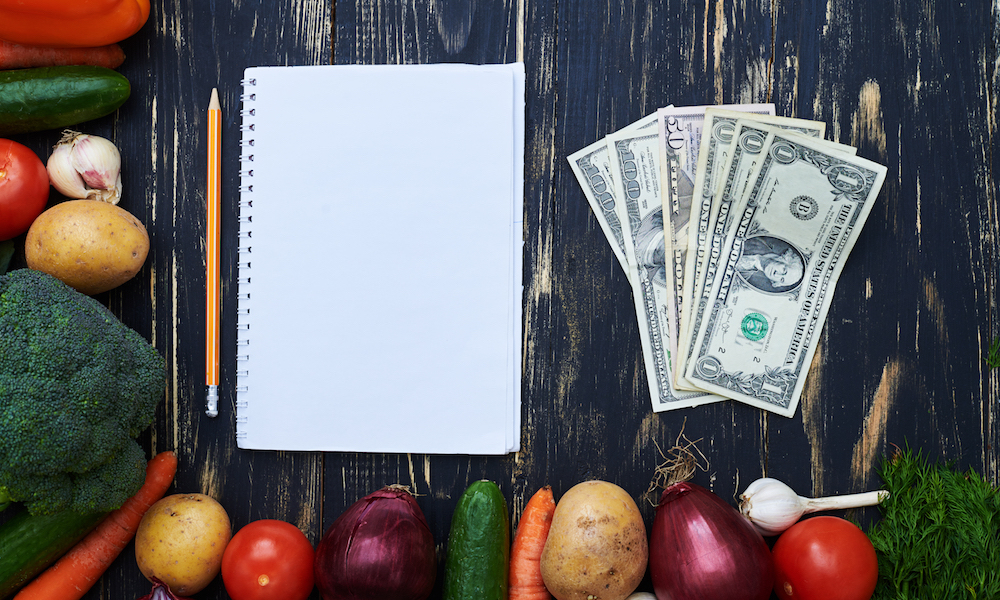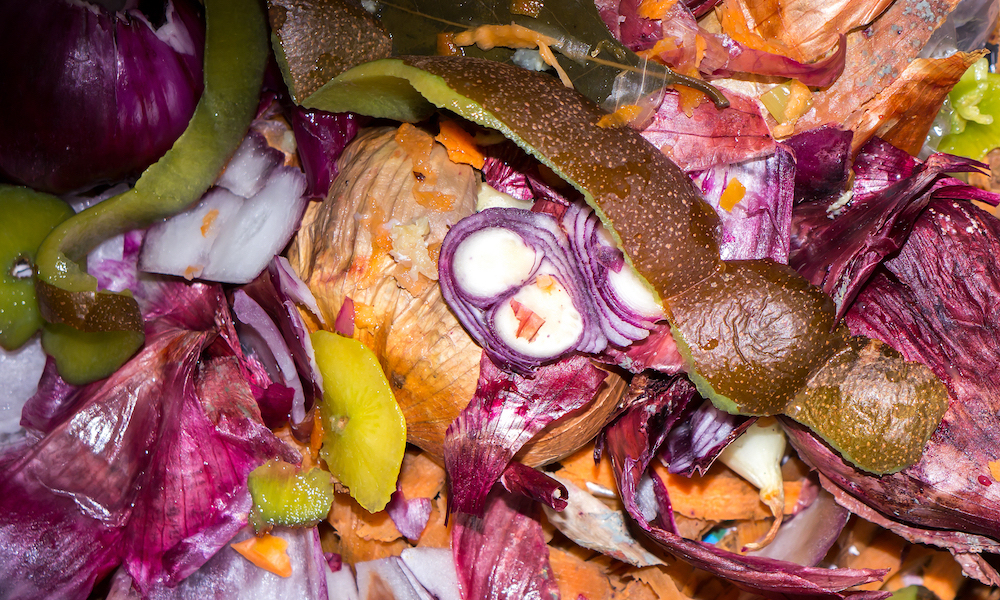40% of all the food that is grown, harvested and processed is wasted.
With global food waste being one of the largest contributors to greenhouse gas emissions, there's one thing that we can each do to eliminate its impact. Reducing food waste is one thing. Reducing food waste to zero is another. While almost half of the food we buy is wasted, we need to effectively reduce our individual food consumption in order to avoid waste and reduce our impact on the planet.
Changing our day-to-day food habits can have a huge impact. Here are five simple steps to get started.
1. Cook root to stem
Save those cauliflower leaves and bake them into chips, roast your pumpkin seeds with a dash of salt and oil for a delicious snack, and use the stems of your herbs for extra flavour. Cooking root to stem is a great way to reduce waste, consume extra nutrients and save money. If you are guilty of throwing away more than your share of scraps, we have some tips for putting fruit and vegetable scraps to good use.
2. Control your portion sizes
If you're like me, you may have 'eyes bigger than your stomach' syndrome. Serving yourself overly generous portions is, although generous, a sure fire way to waste food. Controlling your portion sizes will help to reduce waste while prolonging times between shops, in turn saving you money.

3. Plan every meal
Meal plans are not only great for reducing food waste, but can help you to keep healthy. Planning every meal before each shop can be as simple as deciding on what to cook and purchasing the exact amount of ingredients you need for your meals. If you happen to obtain a large amount of one ingredient, plan your meals for the week around that one ingredient.
4. Freeze food that's on the verge of going off
If you find yourself with excess food that's about to go off, don't fear. Veggies that have seen better days can be chopped up and popped in the freezer. They can be enjoyed in a soup or stir fry in the months ahead and with the right technique, you can freeze everything without using plastic.

5. Build a compost
Once taken to landfill, food scraps break down and release methane into the atmosphere, a greenhouse gas that is 23 times more potent than CO2. Putting food scraps to good use can be achieved by creating a compost and feeding your garden with them. If you don't have a garden, you may want to give your scraps to a friend who does or check to see if your suburb has a community garden that will take the scraps off your hands. Alternatively, a bokashi is a great solution for apartment dwellers who would like to maintain a compost, but are wary of the smell. If you're feeling crafty, you may even want to make your own bokashi bucket. For those who are new to composting, make sure to check out the unlikely things that you can put in your compost.
Read this next: [Infographic] Food waste facts to make you think twice
Although it may seem difficult at first, reducing your food waste to zero is a challenge that is worth taking on. Also, it may be easier than you think.


